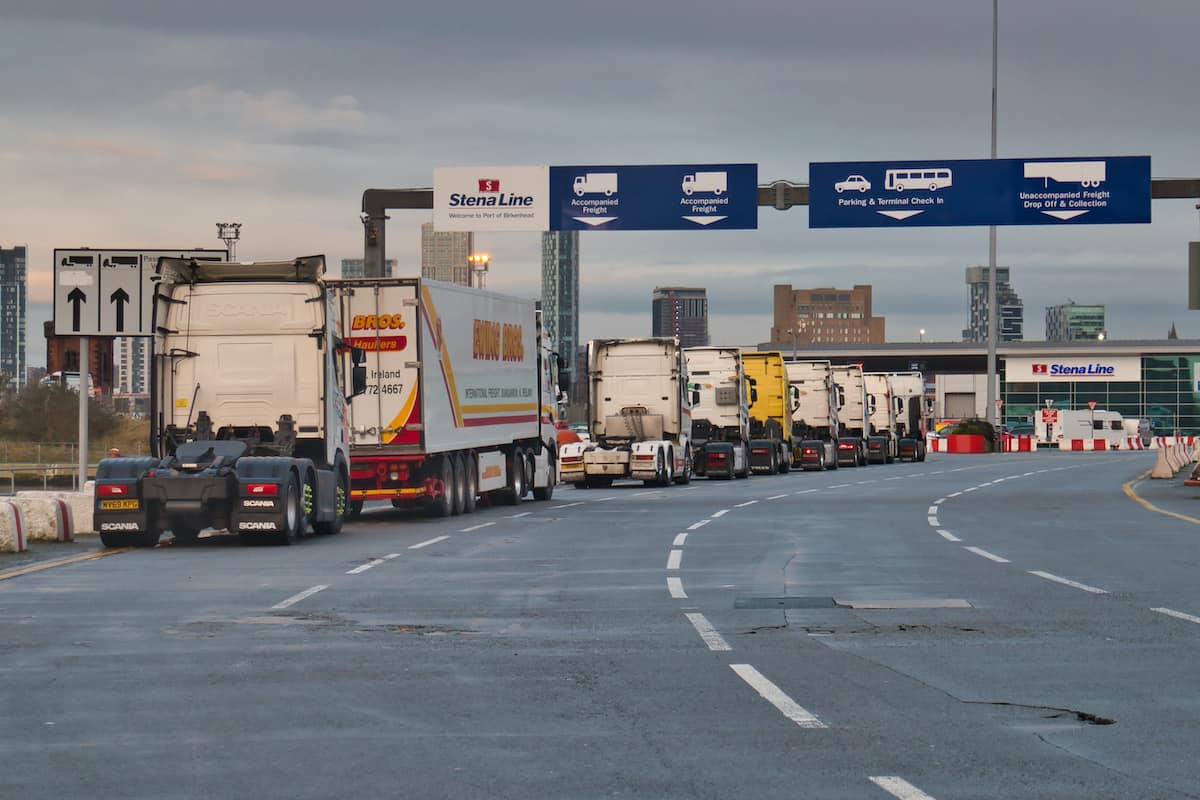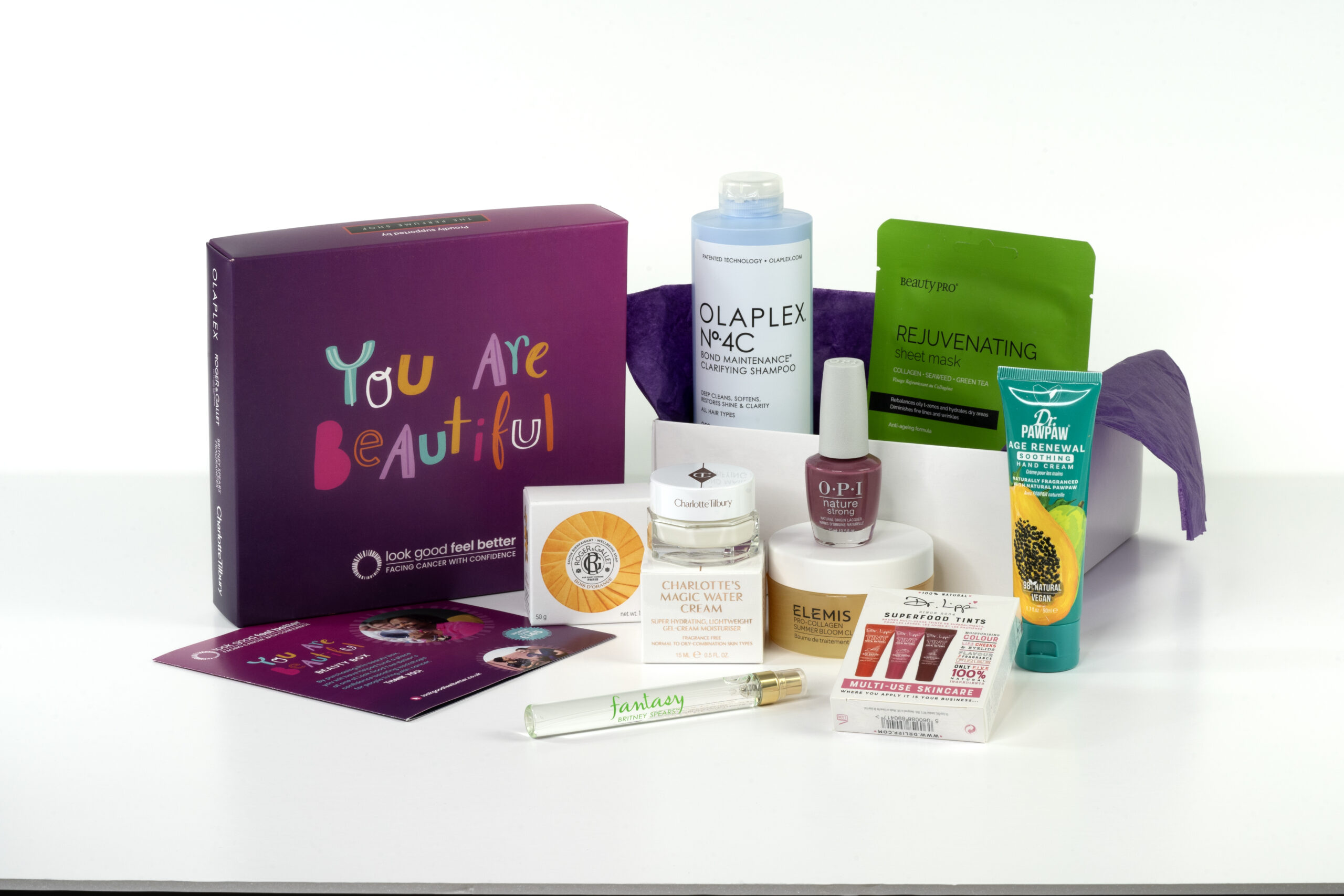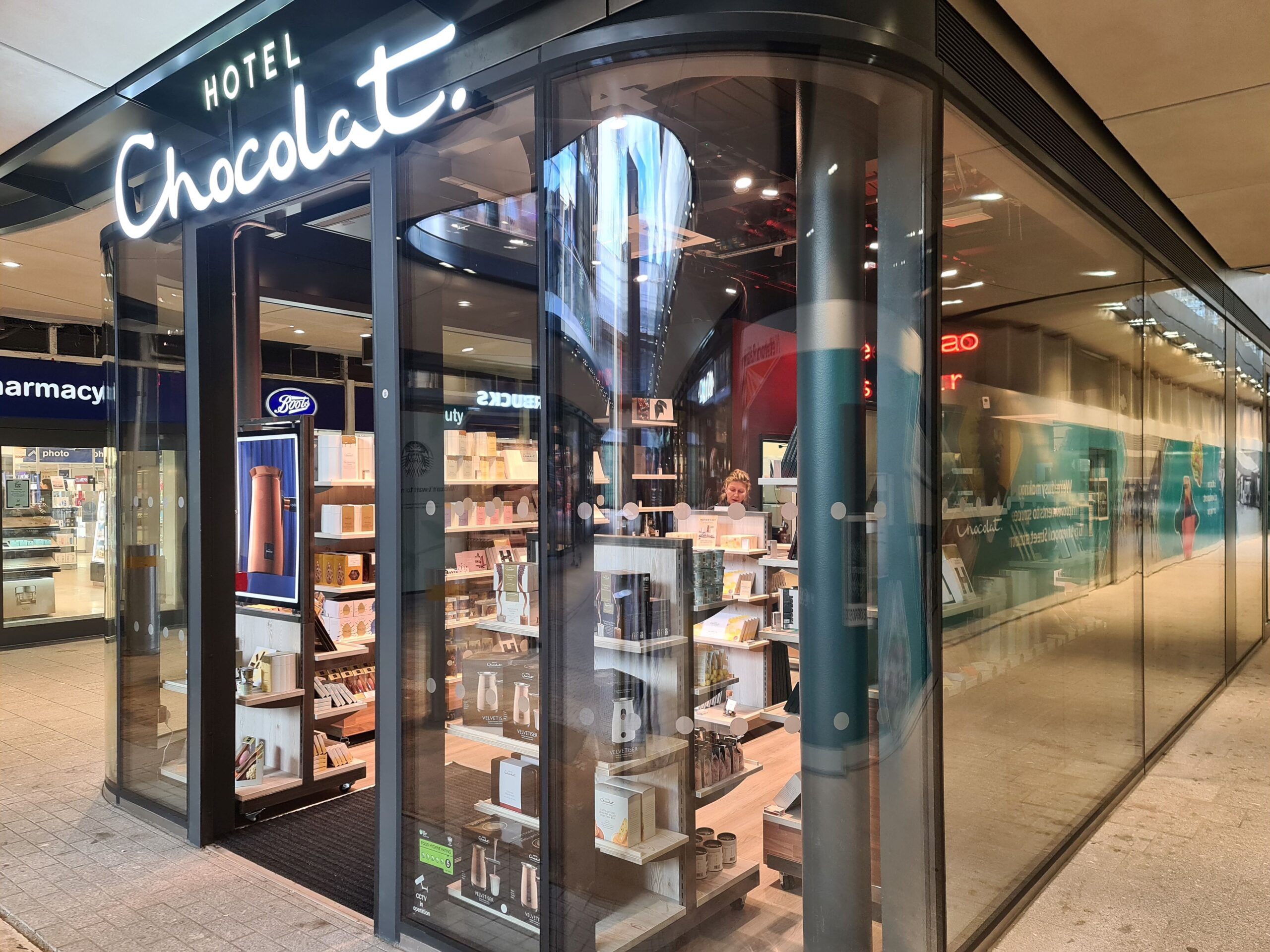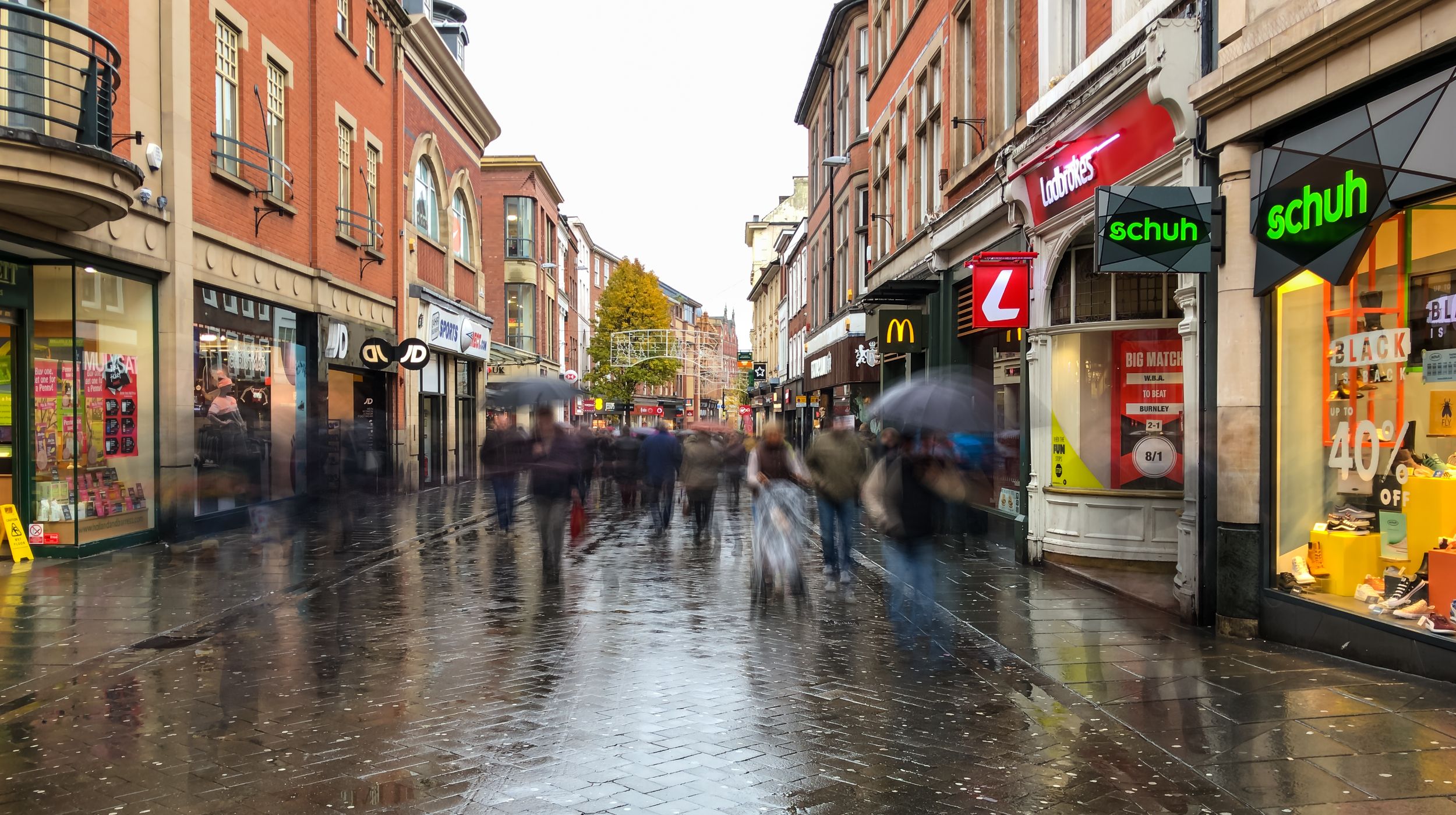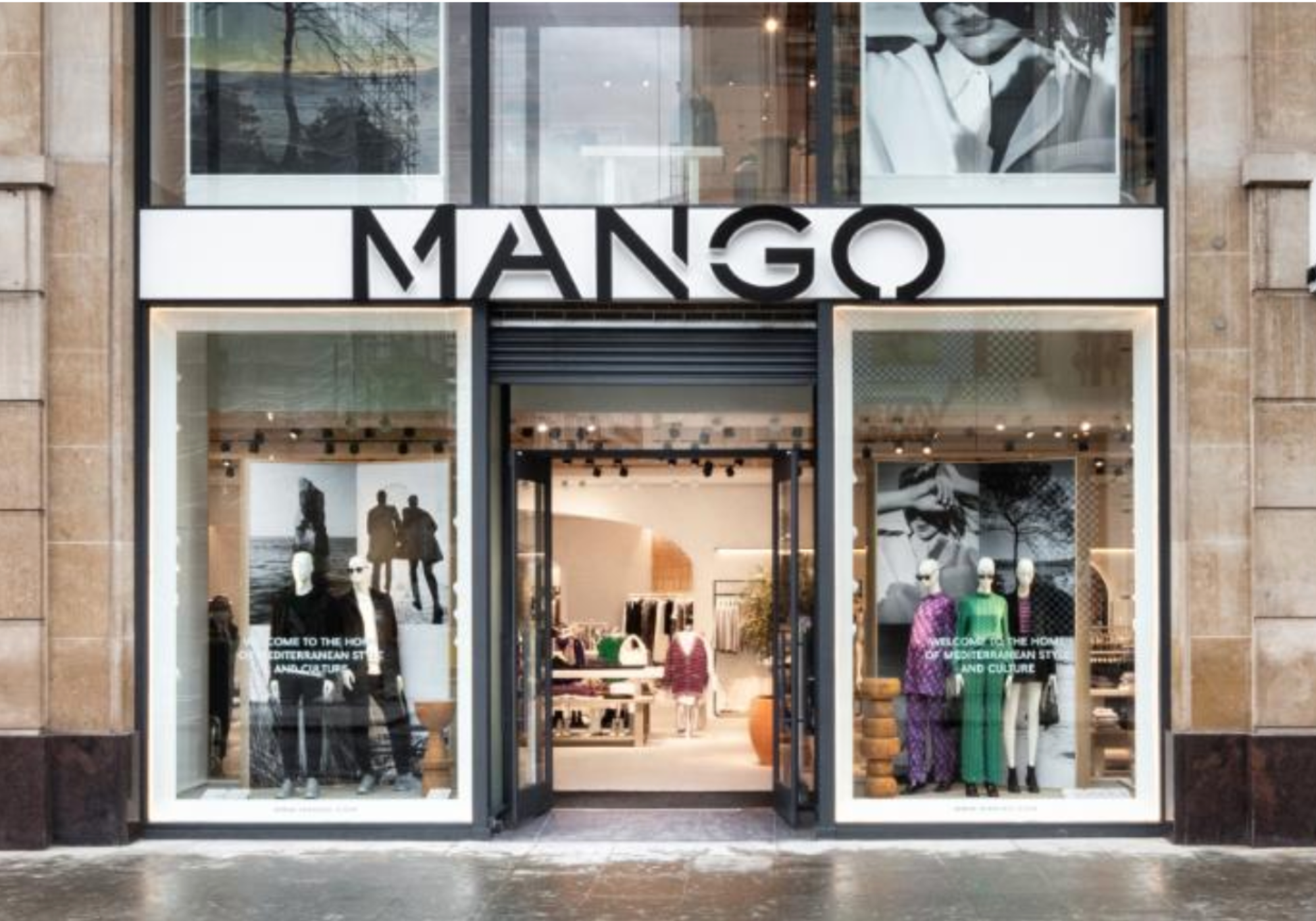Almost two-thirds of UK retailers and brands say they will have to stop selling their goods to Northern Ireland unless new trading arrangements can be put in place within weeks, a new survey suggests.
The business intelligence division of SEO and digital agency Iakoe, based in Edinburgh and Belfast, used Google Surveys to question 1,000 retail businesses about their plans for selling to Northern Ireland in the light of the Northern Ireland Protocol. The protocol, which operates alongside the UK’s post-Brexit agreement with the UK, means that since January 1 Northern Ireland has remained in the EU Single Market while also trading as part of the UK market. Because the UK is now defined as a third country by the EU, goods going from Great Britain to Northern Ireland and deemed at risk of being exported to the EU now face customs tariffs and other export charges and checks, where relevant to the goods being sent and the size of the order.
The survey found that 64% of 1,000 UK retail businesses, including ecommerce and multichannel retailers, said they would have to stop trading into Northern Ireland unless changes to the Northern Ireland Protocol could be put in place by the end of April. Some 42% said customers had cancelled orders as a result of increasing prices to customers in Northern Ireland as a result of admin and customs charges.
Roxie Axford, co-founder of luxury soft furnishings brand Wicklewood, told the survey: “One of our Northern Irish customers had to pay €225 to get her products through the door. We’re struggling to work out not only how to manage this from a tech perspective but also how to communicate it and market it, or not market it as the case may be.”
Helen White, co-founder of lighting brand house of, said: “Dealing with additional red tape for us is a real challenge at the moment as we’re already experiencing a sixfold increase in the cost of shipping containers from China. To begin adding further complexities to the situation by burdening increased shipping and administrative costs to Northern Ireland may simply not be viable until the Irish sea border situation is resolved”.
The study also found that 68% said they felt ‘good’ or ‘very good’ about the statement, “we have already experienced the worst of getting to grips with the new protocols”.
Jerome Brustlein, chief operating officer at jeweller Fenton, said: “At Fenton, despite an increase in administrative and cost burdens we’ve remained steadfast in keeping our prices the same, regardless of whether customers are in Northern Ireland or the EU. We are working closely with our shipping partners to keep abreast of the latest developments in order to ensure the price on our website really is the final price for customers. We take care of all taxes and duties to ensure the Fenton customer experiences no friction.”
Kirsty McManus, national director of the Institute of Directors, Northern Ireland, said: “It is clear that Northern Ireland could have a competitive advantage via our dual access to Great Britain and the EU Single Market but this is being overshadowed by elements of the protocol between GB and NI which is causing friction.”
Alistair Clifton of the UK Chamber Of Shipping, said: “The new UK Border Operating Model provides a useful guide to what may be possible. The range of systems, flexible declarations points and locations creates new data sets which can be used to analyse how trade is conducted. Granted, this has caused supply chain challenges in the first few weeks of the new system’s implementation. But this is because there was insufficient preparation time allowed for business, not the design itself.”
ONS figures published earlier this month, found that 44% of retailers questioned for its Business Impact of Coronavirus Survey said they were now sending fewer goods to Northern Ireland, and 2.1% said they had stopped sending goods to Northern Ireland altogether, while 43.1% of retailers said they were sending the same level of goods as previously. This latest study suggests that picture could change in coming months if no changes are made.
The Northern Ireland Affairs Committee will tomorrow question academics and trade experts on issues arising from the Northern Ireland Protocol.

